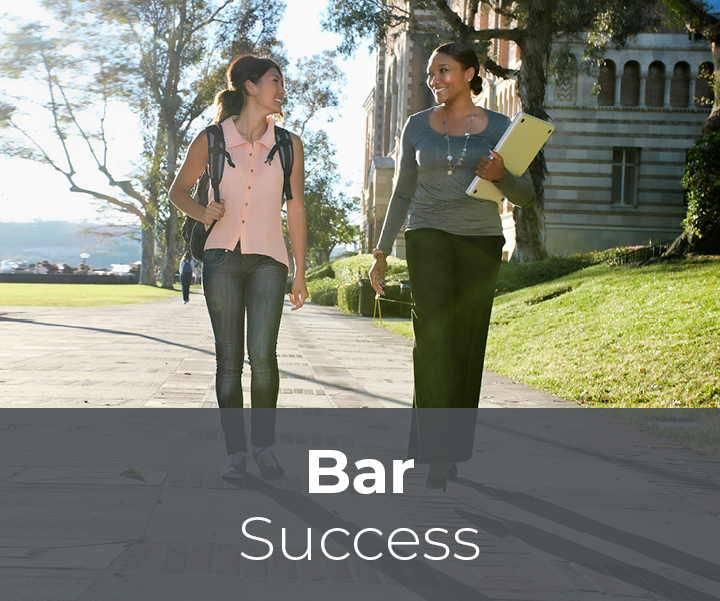
Grantee Research
Who Watches the Watchmen? Using the Law Governing Lawyers to Identify the Applicant Duty Gap and Hold Bar Examiner Gatekeepers Accountable
Document Type
Law Review Article
Publication Date
8-2022
Keywords
bar exam, professional responsibility and ethics, non-exam licensing methods
Abstract
The legal profession holds lawyers to high standards in their personal and professional lives and expects aspiring members to follow the ethical rules with scrupulous precision and candor. Yet the profession, and those monitoring admission to the profession, afford no protections or recourse to this class of young professionals during that critical period between graduation and successful bar passage.
Without reform, this previously unacknowledged duty gap will continue to demoralize and potentially harm future lawyers and reflect negatively on the profession as a whole. Supervising bodies, discussed within, treat applicants as if they have already committed an ethical breach. Indeed, applicants are charged with meeting standards strikingly similar to those required for lawyer reinstatement after disciplinary action. Throughout the licensing process, duty remains a one-way street with applicants bearing the burden of compliance.
This ethical duty gap was laid bare as these self-appointed supervisory bodies- boards of law examiners across the country, displayed a deeply entrenched commitment to a gatekeeping function by maintaining rigid and opaque lawyer licensing procedures as they administered the bar examination multiple times in the midst of the COVID-19 pandemic. Many boards made decisions putting the health, safety, and emotional well-being of bar applicants at risk, and in some instances prevented applicants’ exam scores from being portable. Times such as these have historically prompted changes to the ABA Model Rules of Professional Conduct.
What the Covid-19 bar exam crisis has revealed is an uncomfortable truth: the legal profession appears to exhibit a marked lack of compassion, fairness, and ethical obligation to bar applicants in the period between graduation and licensure. The newest members of a so-called noble profession appear to be owed fewer duties than a potential client by every entity involved in the lawyer licensing process, and have little to no recourse to have their complaints heard or addressed.
This truth is shaking the foundations of the law licensing system, and applicants and others are calling for reform. Yet, on an individual basis, many boards of law examiners across jurisdictions cling to the status quo, or adopt the Uniform Bar Examination (UBE). Promulgated by the Madison, Wisconsin-based non-profit organization the National Conference of Bar Examiners (NCBE), the UBE is written by psychometricians whose duty is to maintain the statistical reliability of its product, and whose transparency is limited due to its nonprofit status. Boards of law examiners give broad deference to the NCBE, even though the company is not subject to actionable ethical oversight by the jurisdictions that employ it – not in regard to its business practices, profitability, or code of conduct.
Bar applicants, meanwhile, lose the protection of being enrolled in ABA-accredited law schools. The commercial bar preparation companies they are forced to employ do not owe any ethical duties to applicants either, as most are privately-held companies who bind users with arbitration clauses, choice of law provisions, and threats of reporting applicants to their jurisdiction’s board of character and fitness if products are misused.
This article calls attention to the duty gap between bar examiners, the legal profession, and aspiring lawyers, identifying and scrutinizing its genesis and presence. It also suggests bar reform is best achieved through greater oversight of the lawyer licensing process by current members of the profession, and insists jurisdictions treat bar applicants with the duties prescribed by the rules of professional conduct. Who watches the watchmen? In a self-regulating profession, we all do.



